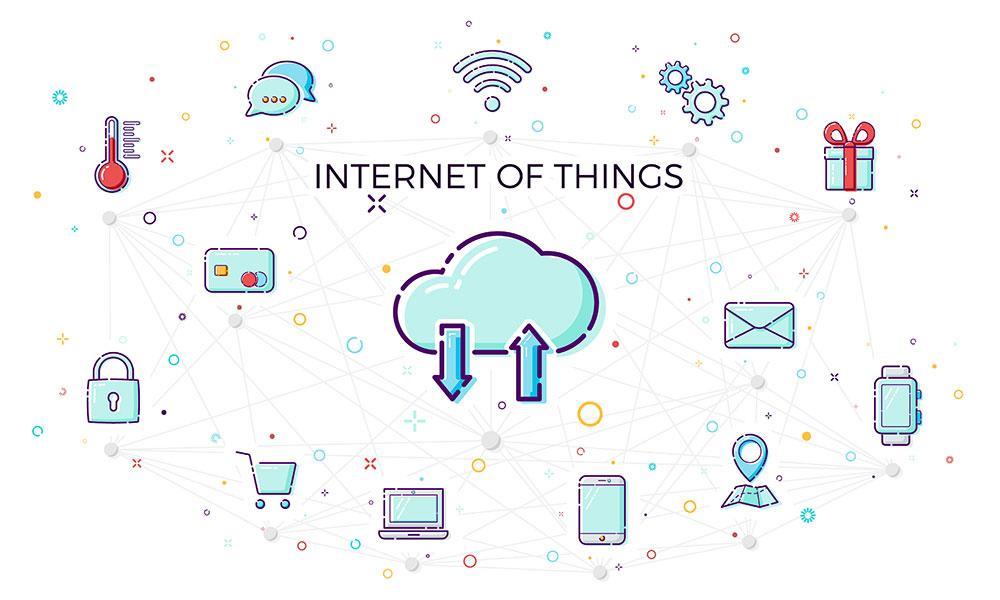The internet has revolutionized the way we communicate with each other, and the language used on the internet has evolved along with it. From the early days of chat rooms and forums to the rise of social media and messaging apps, the language of the internet has become a unique and constantly evolving form of communication.
The Evolution of Internet Language
One of the earliest forms of internet language was the use of abbreviations and acronyms. Terms like LOL (laugh out loud), BRB (be right back), and FYI (for your information) were commonly used in chat rooms and instant messaging conversations. As the internet grew and social media platforms like Facebook and Twitter became popular, new forms of internet language emerged, such as hashtags and emojis.
Hashtags, which are words or phrases preceded by the pound (#) symbol, are used to categorize and organize content on social media platforms. They allow users to search for specific topics and join conversations around those topics. Emojis, on the other hand, are small digital images or icons that are used to represent emotions, ideas, or objects. They have become a popular way to add tone and personality to online communications.

The Implications of Internet Language
The evolution of internet language has had a significant impact on communication both online and offline. One of the most notable effects is the way it has changed the way we express ourselves. With the rise of social media platforms, we are now able to communicate with people all over the world with ease, and internet language has made it easier to do so. However, this has also led to a loss of nuance and complexity in our communications. With the limited character count of platforms like Twitter, we are forced to condense our thoughts and ideas into bite-sized pieces, which can lead to oversimplification and misunderstandings.
Another implication of internet language is the way it has changed the way we perceive and interpret information. With the abundance of information available on the internet, we are constantly bombarded with messages and content. Internet language has made it easier to parse through this information quickly, but it has also made us more susceptible to misinformation and fake news. The use of clickbait headlines and sensational language has become a common way to attract clicks and views, leading to a proliferation of misleading and inaccurate content.
 The language of the internet has evolved rapidly over the past few decades, and it continues to change and grow with each passing year. While it has made communication easier and more accessible, it has also had some unintended consequences. As we continue to navigate the digital landscape, it is important to be aware of these implications and to approach internet language with a critical eye.
The language of the internet has evolved rapidly over the past few decades, and it continues to change and grow with each passing year. While it has made communication easier and more accessible, it has also had some unintended consequences. As we continue to navigate the digital landscape, it is important to be aware of these implications and to approach internet language with a critical eye.











